US orchestras mourn a pioneering principal
mainDoriot Anthony Dwyer, principal flute of the Boston Symphony Orchestra from 1952 to 1990, died yesterday in Kansas at the age of 98.
She was only the second woman to win a principal chair in a major US orchestra, beind Helen Kotas, who became principal horn of the Chicago Symphony in 1941.
Doriot was a legend among US orchestral musicians, leaving a lasting imprint on the Boston sound. Her application for the position was supported by no less than Bruno Walter, who heard her play in the Hollywood Bowl Orchestra. Boston had no changing room for women. Her first appearance was greeted with the headline: Woman Crashes Boston Symphony: Eyebrows Lifted as Miss Anthony sat at Famous Flutist’s Desk. Approached by a reporter in 1952, she said: ‘Gradually, during my life, I’ve got used to the idea that I’m a woman.’
mong many recordings, she gave a fine performance of Bernstein’s Halil. On her retirement, the orchestra commissioned a flute concerto for her to play by Ellen Taaffe Zwilich.
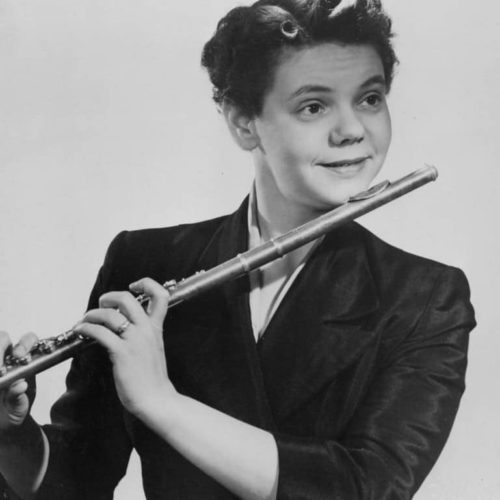

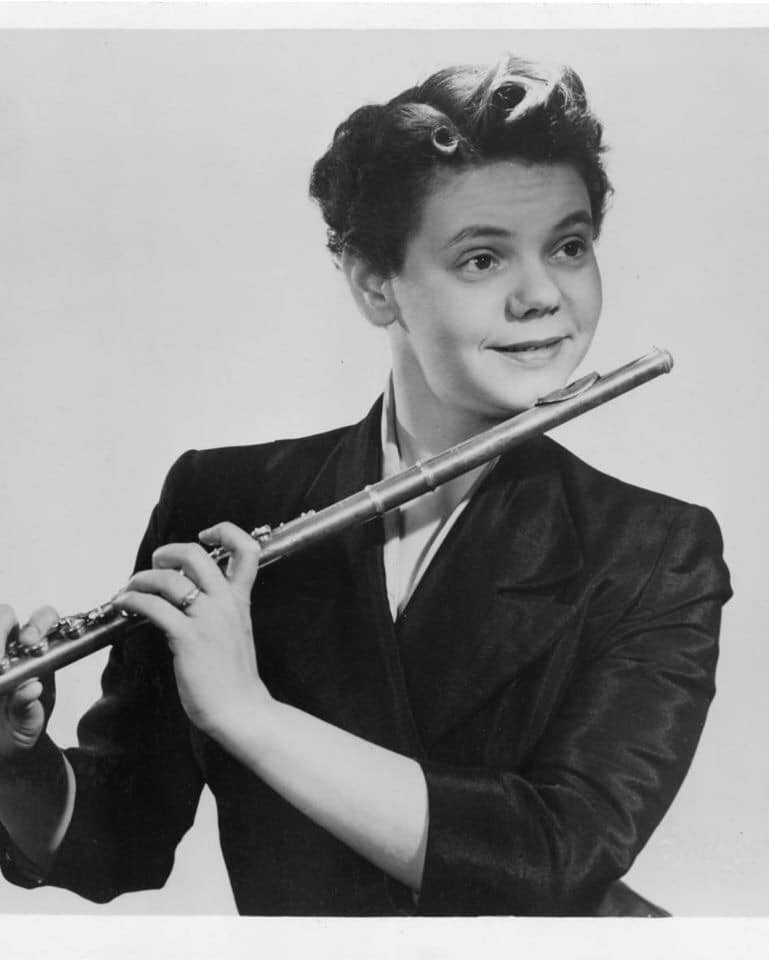

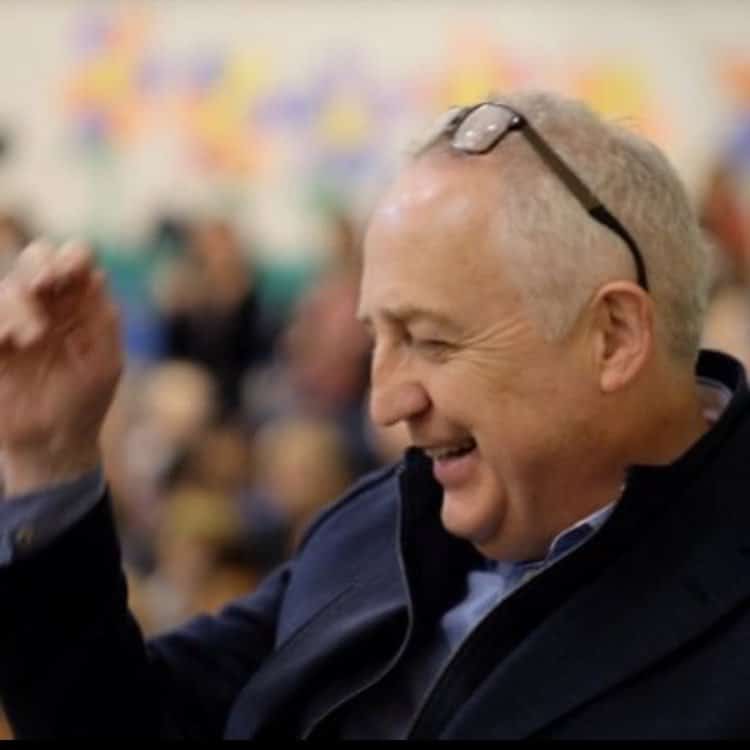
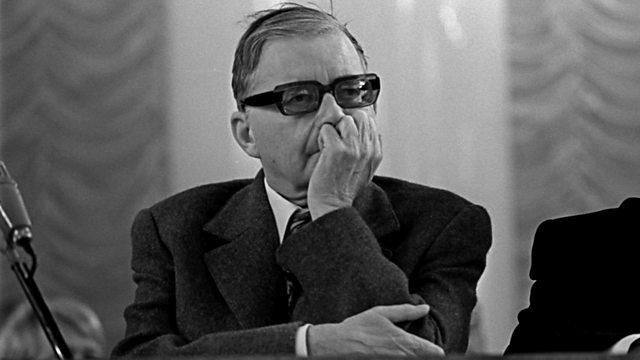
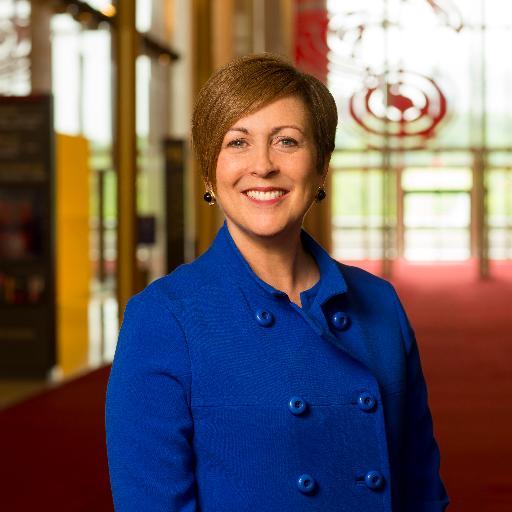
Comments